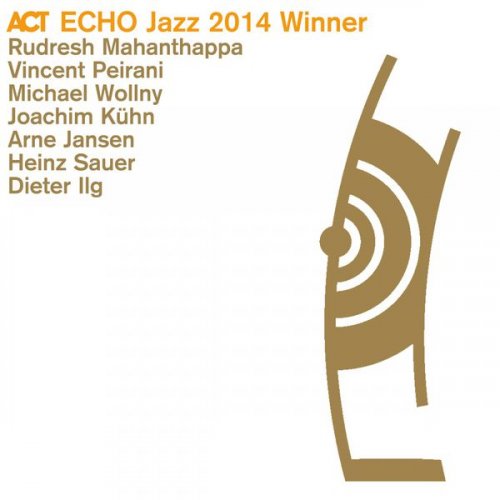Arditti Quartet, Aleck Karis, Paula Robison, Callithumpian Consort - Liang: Brush-Stroke (2009)
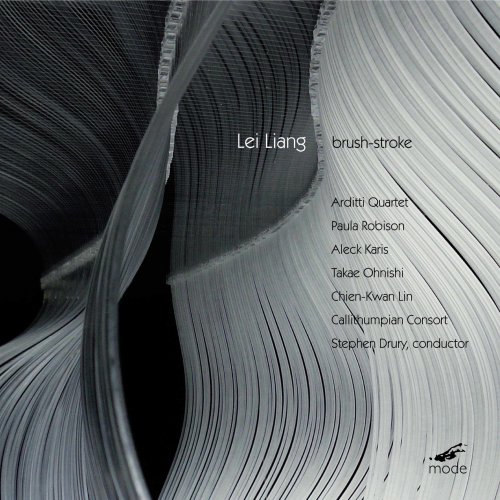
Artist: Arditti Quartet, Aleck Karis, Paula Robison, Callithumpian Consort
Title: Liang: Brush-Stroke
Year Of Release: 2009
Label: Mode Records
Genre: Classical
Quality: FLAC (tracks)
Total Time: 01:06:42
Total Size: 250 Mb
WebSite: Album Preview
Tracklist: Title: Liang: Brush-Stroke
Year Of Release: 2009
Label: Mode Records
Genre: Classical
Quality: FLAC (tracks)
Total Time: 01:06:42
Total Size: 250 Mb
WebSite: Album Preview
1. Serashi Fragments 7:06
2. Some Empty Thoughts of a Person from Edo 9:49
3. Memories of Xiaoxiang 8:05
4. Trio 8:50
5. In Praise of Shadows 10:21
My Windows
6. Tian (Heaven) 2:33
7. Seven Rays of the Sun 4:19
8. Magma 2:09
9. Pausing, Awaiting the Wind to Rise... 3:08
10. Brush-Stroke 10:41
Performers:
Takae Ohnish (harpsichord)
Chien-Kwan Lin (alto saxophone)
Paula Robison (flute)
Aleck Karis (piano)
Arditti Quartet
Callithumpian Consort
Stephen Drury
One of the most exciting voices in New Music, Lei Liang strips cultural identity of nationalistic, and even hemispheric, agenda. Born in China and now resident in San Diego, he follows the example of Chou Wen-chung and others in trying not so much to synthesize Western and Asian musics – which inevitably results in fusion food – as to recalibrate their languages and philosophies in a new common realm.
His recent music – only one piece is from the 90s, part of the piano suite My Windows – has developed the idea of ‘one-note polyphony’, an extension of his interest in the spectral harmonies of guqin music. The title piece, performed by Stephen Drury’s Callithumpian Consort, combines a very narrow pitch set, signature motifs on the dominant woodwinds, interspersed with wild percussion passages and moments of almost total stasis.
This approach is even more clearly evident in the instrumental pieces. The My Windows sequence ends on three full bars of rest, to allow the accumulated resonances to die away. Built around just six pitches, it’s virtuoso writing of the subtlest sort. Other pieces are more extreme, in the sense that they flirt with extremity. Serashi Fragments, for The Arditti Quartet, is fiercely technical but expressive. Memories of Xiaoxiang for alto saxophone and tape might almost be an alternative soundtrack for Woman of the Dunes, its wailing, ghostly cry played on a detached mouthpiece, its storyline delivered in a Chinese opera version of recitative. Lei Liang requires the harpsichordist on Some Empty Thoughts of a Person from Edo to pluck and palm strings in an approximation of lute or koto music. Some of the playing (the composer’s wife Takae Ohnishi) borders on violence, but there is also a delicate lullaby, interrupted by wild shouts.
Lei Liang is an important musical philosopher, coming into mature expression. The carefully won emptiness of his thought allows sound to flow and cohere in new directions and forms. East and West lose any slack associations.
His recent music – only one piece is from the 90s, part of the piano suite My Windows – has developed the idea of ‘one-note polyphony’, an extension of his interest in the spectral harmonies of guqin music. The title piece, performed by Stephen Drury’s Callithumpian Consort, combines a very narrow pitch set, signature motifs on the dominant woodwinds, interspersed with wild percussion passages and moments of almost total stasis.
This approach is even more clearly evident in the instrumental pieces. The My Windows sequence ends on three full bars of rest, to allow the accumulated resonances to die away. Built around just six pitches, it’s virtuoso writing of the subtlest sort. Other pieces are more extreme, in the sense that they flirt with extremity. Serashi Fragments, for The Arditti Quartet, is fiercely technical but expressive. Memories of Xiaoxiang for alto saxophone and tape might almost be an alternative soundtrack for Woman of the Dunes, its wailing, ghostly cry played on a detached mouthpiece, its storyline delivered in a Chinese opera version of recitative. Lei Liang requires the harpsichordist on Some Empty Thoughts of a Person from Edo to pluck and palm strings in an approximation of lute or koto music. Some of the playing (the composer’s wife Takae Ohnishi) borders on violence, but there is also a delicate lullaby, interrupted by wild shouts.
Lei Liang is an important musical philosopher, coming into mature expression. The carefully won emptiness of his thought allows sound to flow and cohere in new directions and forms. East and West lose any slack associations.

![Susi Evans - Klezmer Playbook 2 Bonus Album (2025) [Hi-Res] Susi Evans - Klezmer Playbook 2 Bonus Album (2025) [Hi-Res]](https://img.israbox.com/img/2026-02/16/xforkxm1atgcv3mt6zn6i274q.jpg)
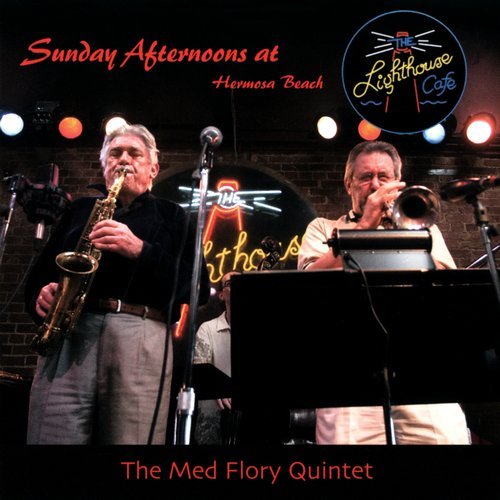
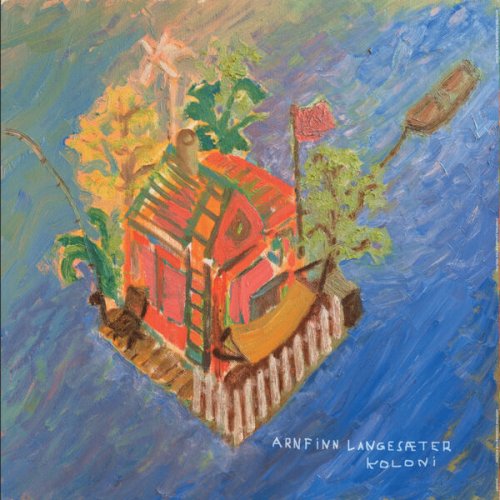
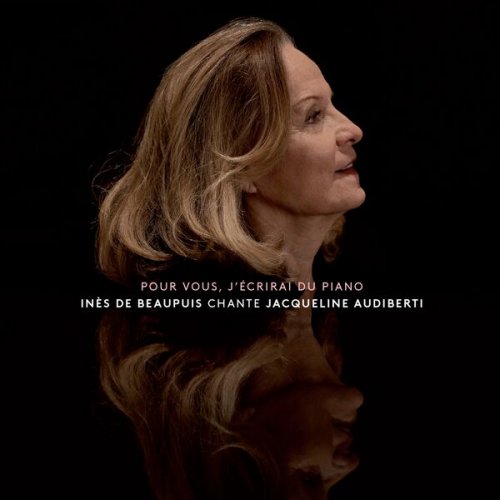

![Seán Mac Erlaine - Music for Empty Ears (2018) [Hi-Res] Seán Mac Erlaine - Music for Empty Ears (2018) [Hi-Res]](https://img.israbox.com/img/2026-02/16/esx5zh4h5a4zqkspzowo3atfu.jpg)

